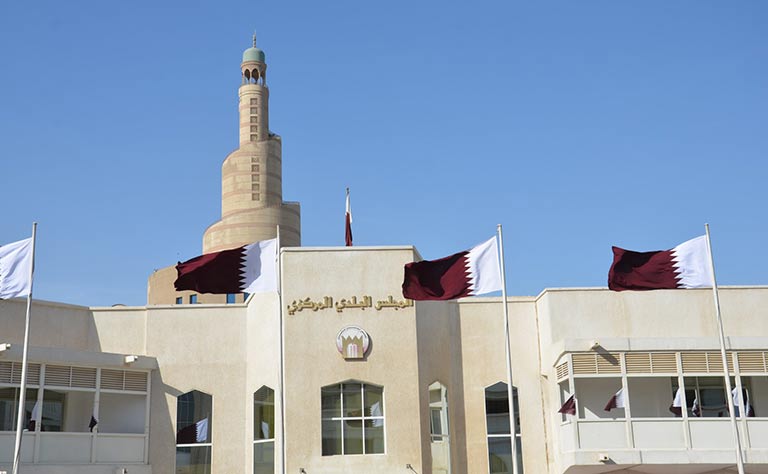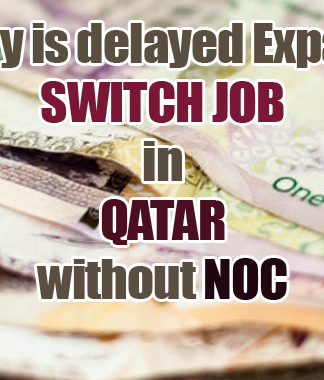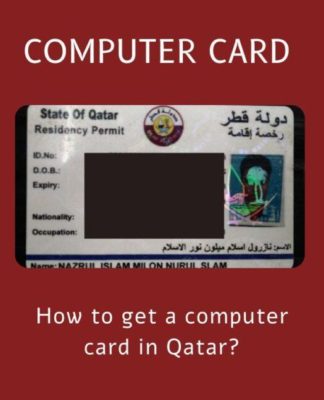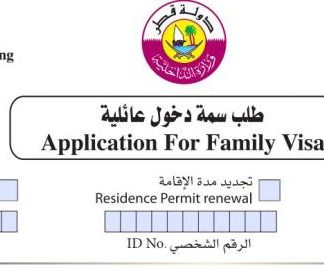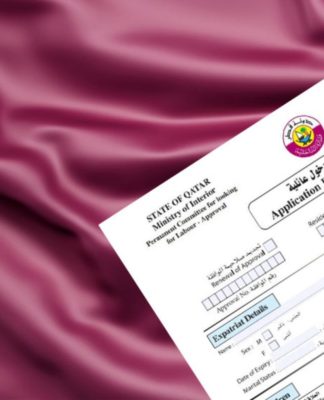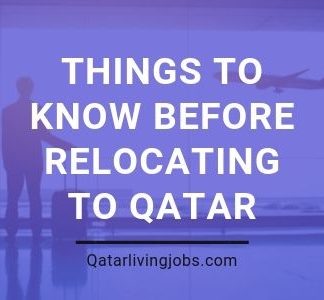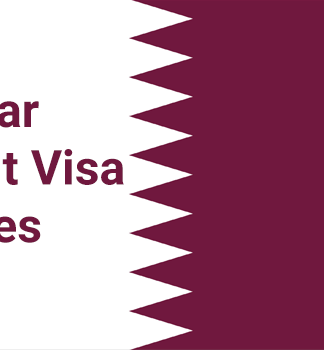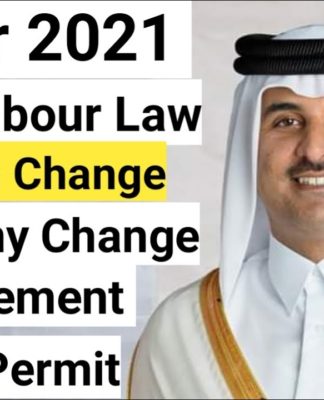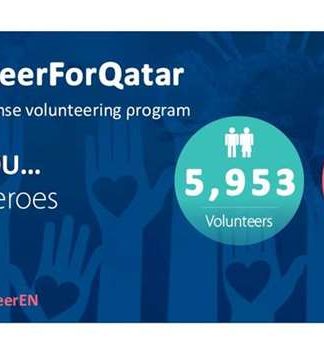
Doha,December 09 (QNA) – The municipal council is considered the first home to democratic practices in the State of Qatar. It was first formed in the 1950s. The year 1963 saw the first decree organizing the election and appointment of council members. The central municipal council was formed afterwards, in accordance to law no. 1 of 1990.
The central municipal council and the service it offers are designed to go hand in hand with the developmental leap the country is going through under the directives of HH the Emir Sheikh Tamim bin Hamad Al-Thani. The current central municipal council was formed in accordance to law no. 1 of 1998, issued by HH the Father Emir Sheikh Hamad bin Khalifa Al-Thani.
The council plays a big role in discussing the requests of members of the Qatari society. The council then presents those requests to decision makers, who in turn take the appropriate measures.
Since 1999 to this day, the council issued 471 recommendations on a number of issues that affected the everyday life of citizens. Some 59 of them were from 1999-2003. The second session from 2003-2007 saw 63 recommendations. From 2007-2011, there were 114 recommendations. The following four years saw 195 recommendations. The last two years 2015-2017 have seen 40 recommendations issued.
Some of the subjects that the central municipal council had explored were regulating planning for buildings, infrastructure, public health, the environment and public parks as well as subject related to improving the lives of people with disabilities.
In regulating buildings and land planning, the council recommended making available land for public services that lie between different neighbourhoods. Other recommendations were allocating productive agricultural land and developing the industrial area. Another recommendation was correcting the phenomenon of dividing villas to separate appartments. Another issue was the phenomenon of having commercial storage facilities in residential areas.
As for infrastructure, the council was responsible for developing the administrative process related to infrastructure permits. The council also was responsible for replacing all roundabouts with signals and bridges. It also discussed the adverse impact trucks with heavier loads have on the quality of roads and set standards to dealing with the issue.
The council also played a role in public health. One of the contributions was making it compulsory to layout the calorie breakdown of food offered in restaurants and buffets. Other contributions include raising awareness on the hazards of pesticides, facing Corona Virus and tackling the shortage of vaccines for animals.
On parks and recreation, the council focused on increasing the amount of parks in residential areas. The council also worked on increasing greenery in roads and pushed for making fitness-related machinery available in parks for people to use. The council recommended establishing clubs for people with disability, in addition to training employees on sign language to improve communication with that segment of society.
It also issued recommendations for a number of issues such as waste recycling and drainage system for rainwater on highways as well as service lanes. Moreover, it issued recommendations on advancing the partnership between the public and private sector.
The recommendations go to different ministries or authorities depending on specialty. The elections of the 29 members of the council sees a high participation rate from Qatari citizens. Women are allowed to both vote and run for a seat in the council, which is mainly charged with improving municipal affairs. The council is fully independent from other state authorities. (QNA)














